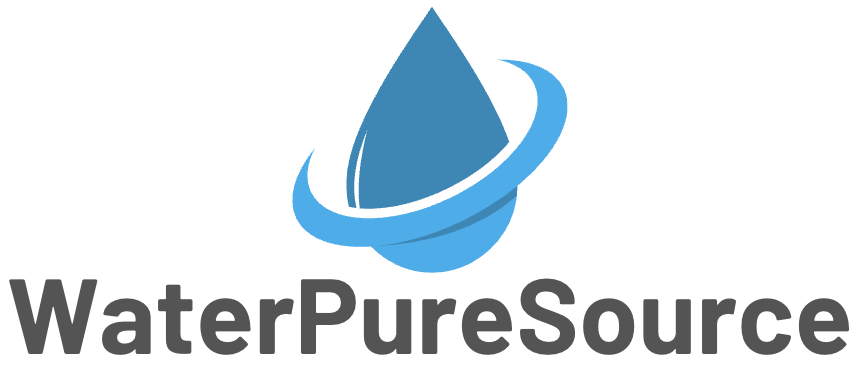Unlocking the Potential of Molecular Hydrogen: A Breakthrough in Antioxidant Therapy
In the relentless battle against lifestyle-related diseases, cancer, and the aging process, a silent but potent adversary lurks: oxidative stress. This pervasive phenomenon wreaks havoc on our bodies, causing damage to tissues and contributing to the onset of various ailments. Despite years of research and the widespread use of antioxidants, therapeutic success has often remained elusive. However, there's hope on the horizon in the form of a groundbreaking discovery: molecular hydrogen (H2).
In 2007, a seminal study published in Nature Medicine hinted at the potential of H2 as a "novel" antioxidant. Unlike conventional antioxidants, H2 boasts a unique set of advantages that make it a promising candidate for preventive and therapeutic applications.
One of the key features of H2 is its remarkable ability to rapidly diffuse into tissues and cells. This allows it to exert its antioxidant effects precisely where they are needed most, combating oxidative stress at its source. What's more, H2 achieves this without disrupting metabolic redox reactions or interfering with reactive oxygen species (ROS) crucial for cell signaling. As a result, the adverse effects of consuming H2 are minimal, offering a safe and well-tolerated therapeutic option.
The versatility of H2 extends to its various ingestion methods, providing individuals with a range of options to suit their preferences and needs. From inhaling hydrogen gas and drinking hydrogen-infused water (hydrogen water) to indulging in hydrogen baths and receiving injections of hydrogen-infused saline (hydrogen saline), the possibilities are diverse. There's even the intriguing prospect of dropping hydrogen saline onto the eye or stimulating the production of intestinal H2 by bacteria.
Since the landmark publication of the first H2 paper in 2007, the scientific community has witnessed a surge in research exploring its biological effects. Over 38 studies, spanning diseases, physiological states, and clinical trials, have confirmed the therapeutic potential of H2. As a result, several research groups have embarked on clinical examinations, eager to unlock its full potential.
But H2's impact transcends its role as an antioxidant. It also exhibits impressive anti-inflammatory and anti-allergic effects, offering a holistic approach to combating oxidative stress and related conditions. Furthermore, H2 has been shown to regulate various gene expressions and protein-phosphorylations, although the intricate molecular mechanisms underlying its effects remain elusive.
The emergence of molecular hydrogen as a therapeutic powerhouse represents a significant breakthrough in antioxidant therapy. With its unique properties, diverse applications, and promising clinical results, H2 holds the key to a healthier future, free from the shackles of oxidative stress. As research continues to unravel its mysteries, the potential for transformative interventions grows ever brighter.
